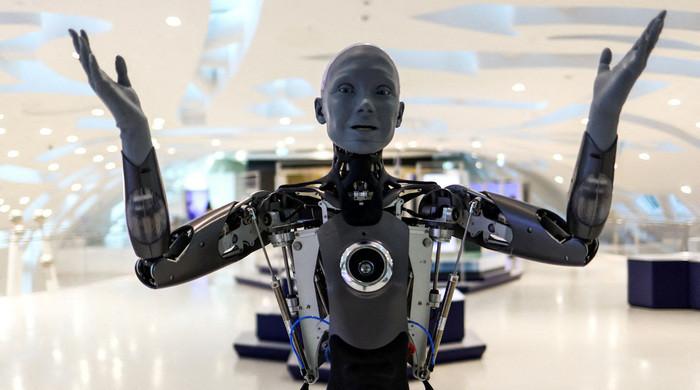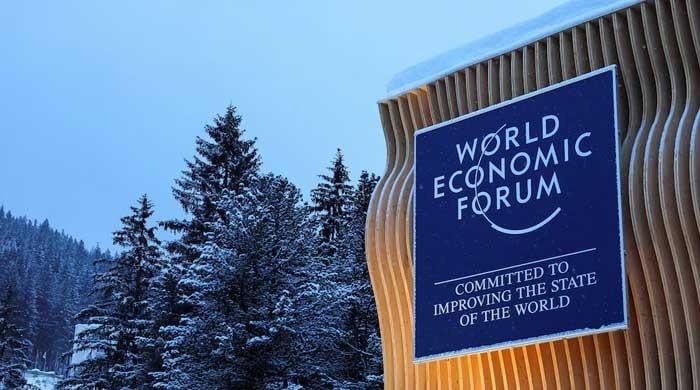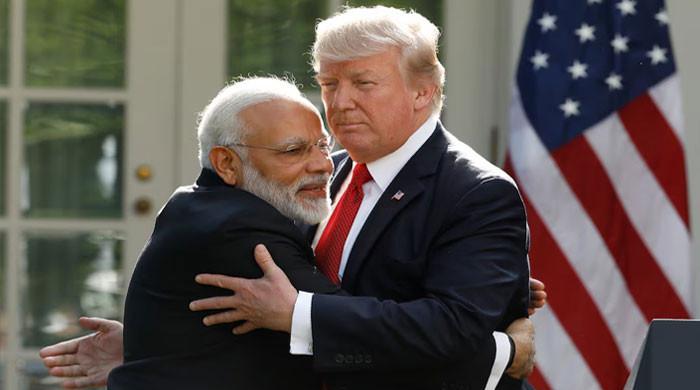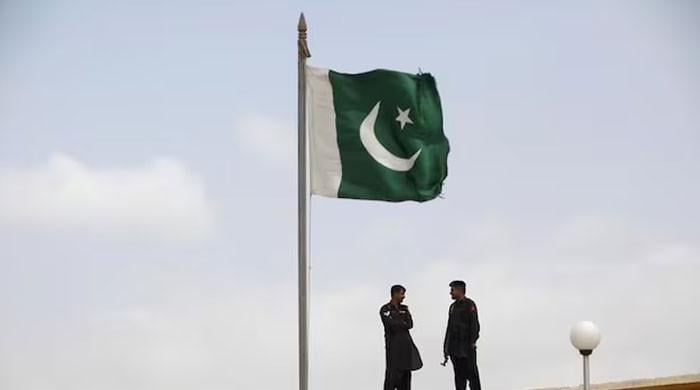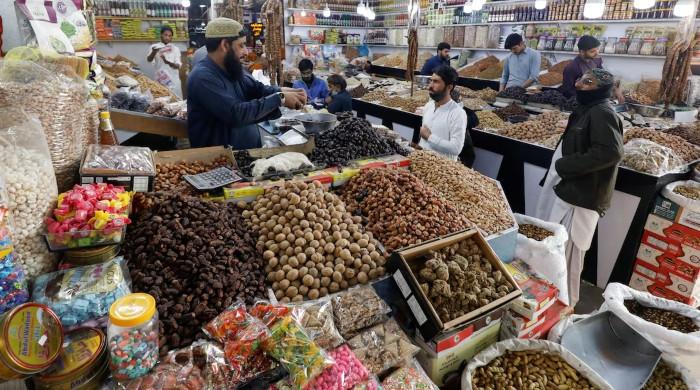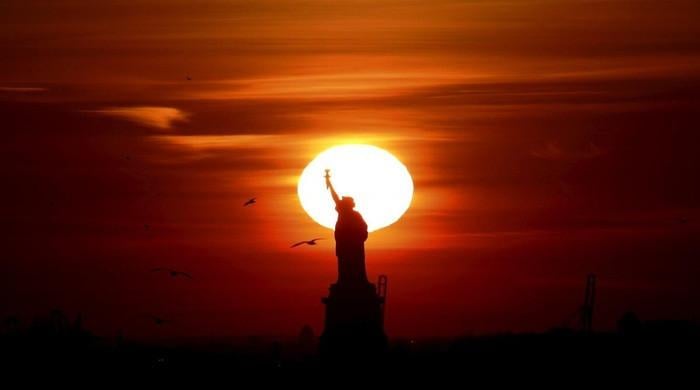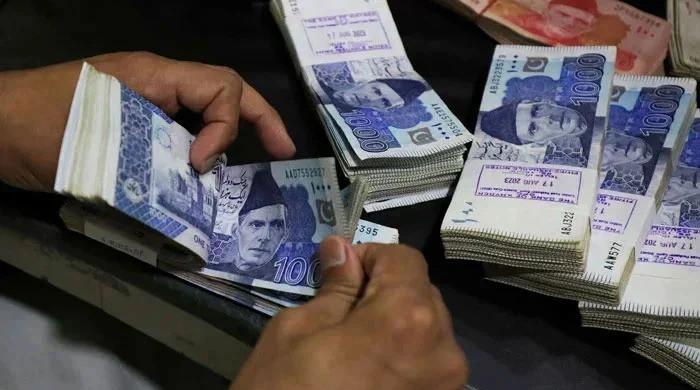Asking tough questions
Imran Khan defended free speech and an independent media throughout his political campaign
December 27, 2021
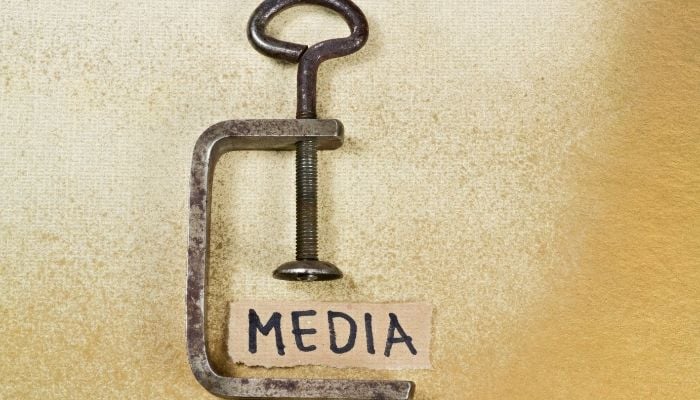
Much is written and said about the increasing media curbs and independence of different institutions in Pakistan. By citing some facts, critics have gone to one extreme or the other in advocating their line of defence.
On the other hand, a number of respected journalists and human rights activists have given comparisons of where we were a few decades ago and where we are now. These are all good barometers to gauge the pressure different sections of our society are facing now.
Let’s focus on another way of assessing media freedom and rights of free speech in a country ruled by a prime minister who considers himself a real democrat. After all, two decades ago, Imran Khan had picked up pieces to form the Pakistan Tehreek-e-Insaaf (PTI) and eventually got elected to the prime post in a parliamentary election. Not to mention that throughout the campaign he had defended free speech and an independent media.
The question is how open has our prime minister been on these issues in the last three years? And, how many press conferences he held where journalists and activists were allowed to ask burning questions about the governance and the direction of our country?
Every country has its own merits, demerits and system of government. So, comparisons between different countries and governments is not an appreciable act. But, there is no harm in learning from good traditions that some countries follow. At least, looking at them can give us a better understanding of the state of affairs in Pakistan.
Let's focus on the right to ask tough questions.
In the United States of America, there is a long-held tradition that the president nominates personalities for respective portfolios. For confirmation, each nominee goes through a grilling by the senators who judge if the respective candidate has the potential to serve the post.
Many of us must have watched how hawkish Republican senators questioned Cornell Law Professor Saule Omarova on her Soviet upbringing. The ruling democrats called the line of questioning sheer humiliation. Omarova has since withdrawn her nomination to head the Office of the Controller of the Currency (OCC), which oversees more than 1,000 US banks.
The level of objectivity and free speech in the United States, which calls itself the champion of democracy, may be a challenge for many countries. Pakistan may also have to take long before such tough questions are asked before appointing ministers for respective portfolios.
But, as we have cited an example of Omarova, why not have a look at media freedom in the Russian Federation?
According to the 1993 constitution, it’s a democratic country though Vladimir Putin has been ruling the country in one capacity or the other since 1999.
British Prime Minister Boris Johnson calls Russian President Putin a “tyrant”, a “dictator” and a “super villain”. And Gary Kasparov, a former World Chess Champion, considers democracy in his country a “farce”. So, what level of questioning is allowed in Russia?
Those of us who watched the annual press conference of Putin on December 23, must have come to the conclusion that a number of questions raised there were so harsh that journalists in many countries would think twice before posting them.
Let’s consider the questions raised by Kseniya Sobchak, a journalist representing the channel Ostorozhno Novosti. It was related to the promotion of General Leonid Sagalakov, the controversial head of the Federal Penitentiary Service in the Irkutsk region.
Sobchak asked: “You sign lots of executive orders like that, but I would like to know if you are getting objective information about these people? Because there is much evidence that this person took part in torture. Here, too, it is important who is bringing you files to build a case for promotion.”
Calmly, President Putin replied, “Are mistakes possible? Yes, it happens sometimes; life is complicated and diverse and nothing can change this.” Then he promised: “Let us look into the matter and figure it out.”
Sobchak’s question reminded me of the day Geo News was launched and an accomplished journalist of BBC, Zafar Abbas, came to interview Imran Aslam, the group president of the GEO Network.
Mr. Zafar asked about media freedom as he wanted to know the prospects for a private news channel when a dictator was in power. Imran Aslam smiled and said, “There is freedom of expression but there is no freedom after that.”
So, as a precaution, I applied the same formula on Russia and waited for some days to see if that Russian journalist will be threatened, abducted, or tortured there? Till now, she has escaped all.
This media freedom is indeed a check on the government as well as all the institutions. It helps the country head in the right direction.
Is there any chance that Pakistan too can enjoy a truly vibrant, independent, free but responsible media? And, will there be a day when political parties subject themselves to fairness?
In 2007, I posed the same question to former Prime Minister Benazir Bhutto as she was preparing her historic homecoming. In that interview, she had harshly criticized another former prime minister, Nawaz Sharif.
I asked her: “Why don’t you enter into Prime Ministerial Debates similar to the Presidential Debates in the United States of America? She instantly replied, “We are in a different age, and now you (the media) will decide how to go about it.”
Unfortunately, Benazir Bhutto was assassinated on December 27 that year and we couldn’t see a live debate between both leaders on crucial issues.
Such debates on crucial issues are needed to check what went wrong in our country and why? Tough questions will help expose myths and realities. They will bring up naked truths and that is why we are discouraged from asking real questions.




